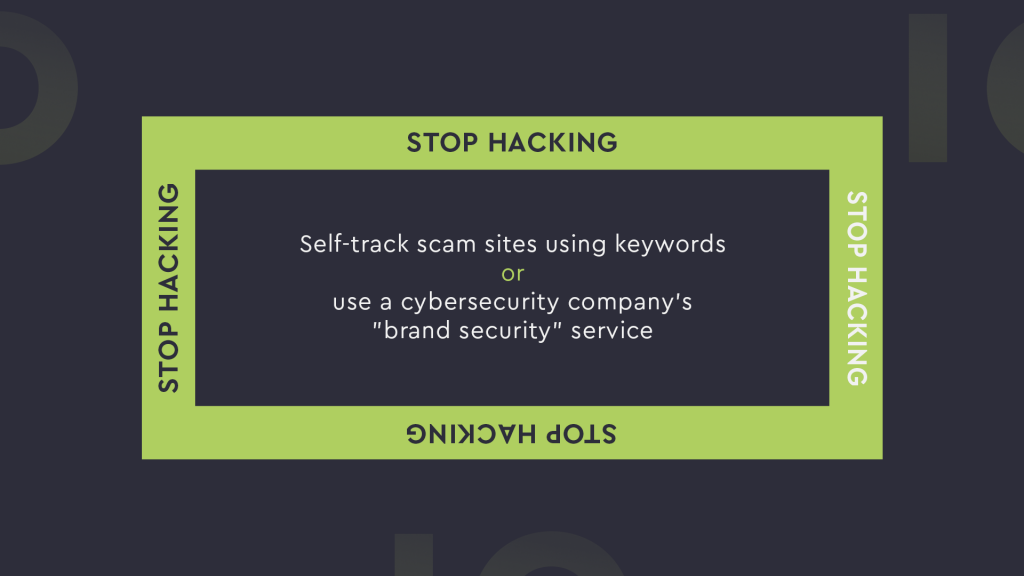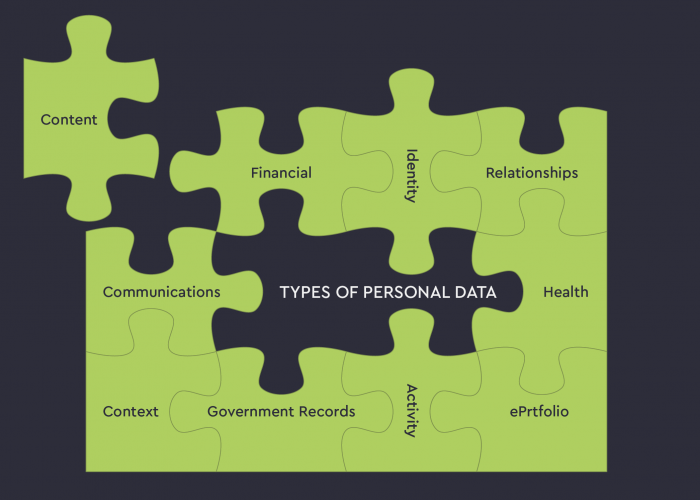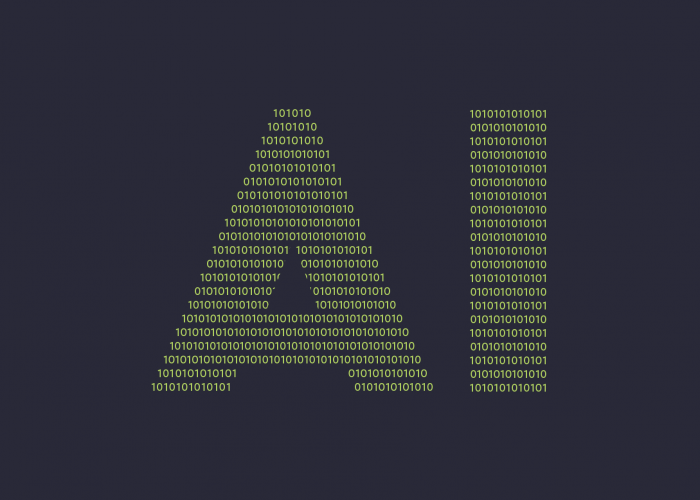Since the beginning of the COVID-19 pandemic, Germany has adopted an anti-crisis program, which included payments to small and medium-sized businesses of 9-15 thousand euros. Everything seemed to be on track, people were happy with this decision and willing to apply for financial help. But the cybercriminals entered the game, and everything went wrong.
The North-Rhine State Department of Economics put a halt to payments for self-employed people and small businesses on April 9 because of Internet fraud. Cybercriminals created a website (https://soforthilfe-corona.nrw.de) that was visually similar to the official resource and differed only in a few letters in the web address. They put up online application forms there, which gave them information about German entrepreneurs. But the story did not end there, because a while later it all happened again.
German journalists were the first to feel the trouble. They found a suspicious resource and turned to law enforcement agencies, which immediately conducted an investigation. It turned out that the cybercriminals had faked the official website of the North Rhine-Westphalia Ministry of Economy (https://www.wirtschaft.nrw/). The fake version of the website contained all parts, including the section on combating fakes and economic crimes. The only difference was the ability to apply online for coronavirus subsidies. Cybercriminals expected that not everyone saw the information about the application suspension on April 9. That’s how it happened. According to preliminary data, almost 4 thousand people filled in fake forms on the site. Now the fraudsters have all the necessary information in their hands, which can be used when submitting the real applications. But the bank accounts of recipients, of course, will be different, for example, pre-cracked by attackers.
The opportunity to get a living at the expense of the state has attracted a considerable number of people. As a result of the investigation, German cyber-specialists found about 90 scam sites, the purpose of which to steal the state money. But the government is not the only one who suffers from such cyberattacks. Creating fake web resources is one of the favorite ways to steal money and personal data from online business clients.
RECOMMENDATIONS
– Self-track scam sites using keywords or use a cybersecurity company’s “brand security” service, which includes a search of clones.
– Inform users and potential customers about the appearance of fake resources, explain how they differ from your resource and how to check them.




